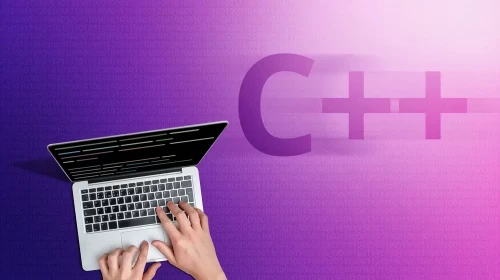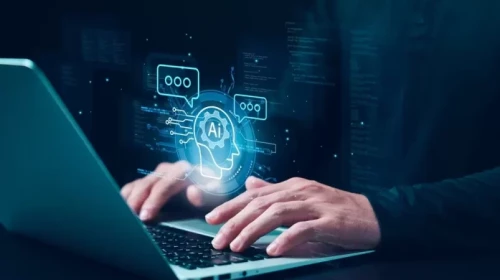Navigating the AI Hiring Wave: Balancing Efficiency, Bias, and Human Judgment
The demand for AI jobs has seen a decline in recent times, which has had a significant impact on the hiring process. According to a survey conducted by Pew Research Center, 62% of Americans believe that artificial intelligence will have a major impact on jobholders overall in the next 20 years. However, this belief does not necessarily translate into increased demand for AI-related roles. The rise of AI in hiring has sparked debates about diversity, discrimination, and bias in the recruitment process. Employers are now more cautious about relying solely on AI algorithms for candidate evaluation and selection.
Due to advancements in AI technology, hiring practices have undergone significant changes in recent years. Artificial intelligence is increasingly being used in the HR department to streamline the identification and assessment of job candidates. AI algorithms can analyze resumes, assess skills and qualifications, and even conduct preliminary interviews. This automation has the potential to save time and effort for recruiters and improve the efficiency of the hiring process.
However, concerns have been raised about the potential biases embedded in AI algorithms. The use of AI in hiring has raised questions about fairness and equity, as algorithms can inadvertently perpetuate biases present in historical data. It is essential for organizations to ensure that their AI systems are designed with fairness and transparency in mind to mitigate these concerns.
Despite the impact of AI on the hiring process, it is important to note that human judgment and decision-making still play a crucial role. While AI can assist in filtering through large volumes of applications and identifying potential candidates, the final decision often rests with human recruiters who consider a range of factors beyond what can be captured by algorithms alone.
In conclusion, the demand for AI jobs may be declining, but its impact on the hiring process remains significant. The rise of AI in HR has brought about changes in candidate evaluation and selection processes. However, it is crucial for organizations to address concerns related to biases and ensure that human judgment continues to play a critical role in the hiring process.



